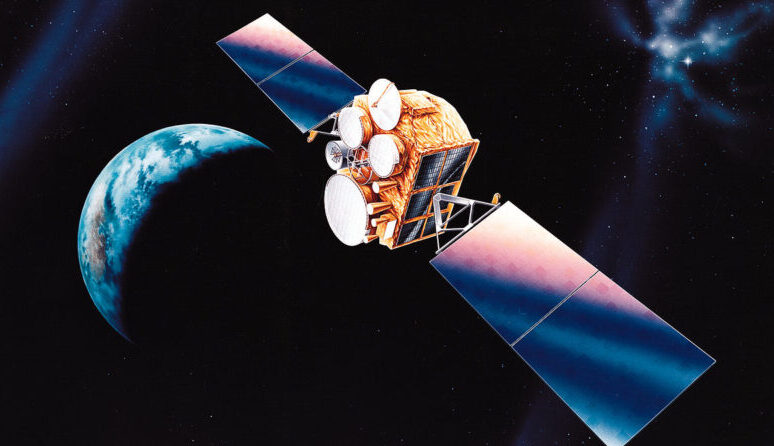Everett Headley 03.27.23
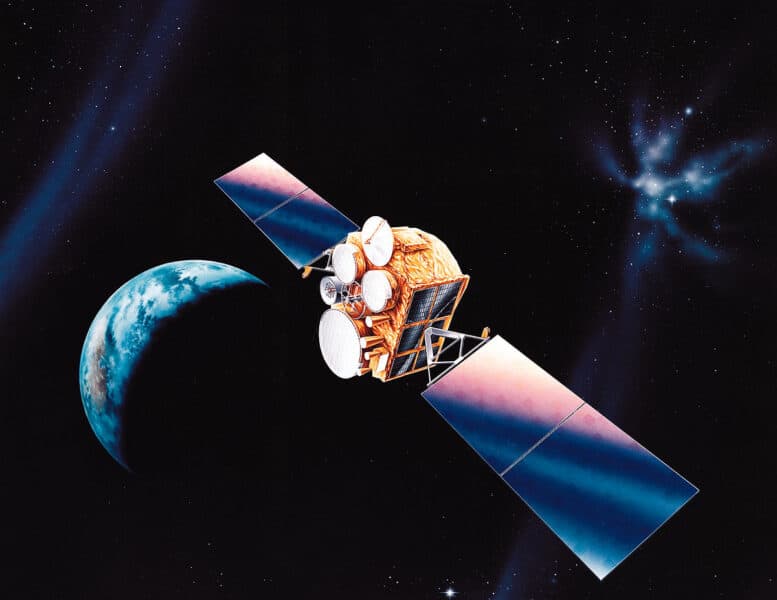
Castaway. 127 Hours. Into the Wild. These and other adventure and survival movies engage us with a sense of urgency and mortality. However, they would be significantly shorter, and certainly less interesting, if each protagonist carried a satellite messenger. I don’t want to ruin the movie magic, but with a click of a button, assurance would wash over the audience and the rescue sequence would become the star.
Real life situations are no less dramatic. As a hunter education instructor I have a library of hunting stories gone wrong. There is a common theme through them: each situation could happen to you. None of these sportsmen left for the day expecting to become a headline. It should be sobering to all hunters, especially those who often hunt solo like me.
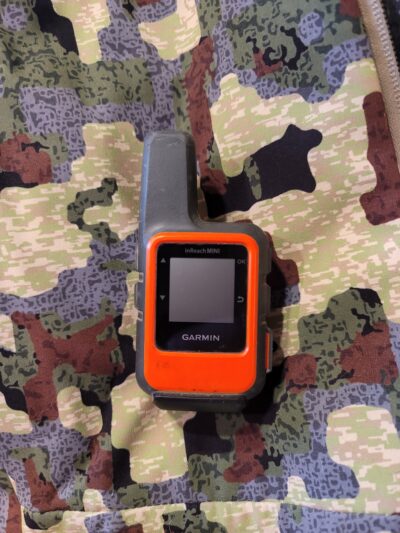
Today’s PLBs are Easy and Inexpensive
Personal locator beacons, GPS locator, or satellite communicators should be on the top of your gear list, just behind your weapon, boots, and licenses. For me, it is the first piece of gear inspected to be field ready. Today’s units are smaller than a deck of cards, sync to your smartphone (and who doesn’t carry one today?), and last for days on a charge. Apps have a native feel for texting and most include weather updates. If you prefer you can ignore those features and rely on the SOS button for emergencies that require immediate help and evacuation.
Having a satellite communicator is cheap insurance. A unit will cost a couple hundred bucks, and monthly plans start at $10. As the market continues to grow and competition lowers prices, it seems foolhardy to not carry one. You can also add a plan from companies like Global Rescue to cover any flights out and medical attention needed. For less than the cost of a Wyoming antelope license, you can give yourself, your group, and your family back home peace of mind.
Focus on Quality and Operation
I look for a rugged product with global coverage from an established company. You don’t want your lifeline to the world built by the cheapest bidder. Since few of our hunting days are that perfect blend of sunshine and 72 degrees, look for waterproof or at least weather-resistant units. Reviews from real world users and circumstances are incredibly helpful to see how your choice performs in the regions you frequent.
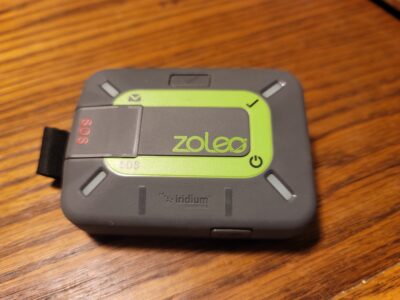
For the past year my PLB has been Zoleo’s Satellite Communicator. Using the Iridium Satellite network gives me coverage no matter where I am with unrivaled reliability. The two features that make it stand out from others are the dedicated SMS number and seamless connectivity between satellite, Wi-Fi, and cellular coverage. Contacting me via my satellite number is the same as texting any other number. If my Zoleo is off, but I have Wi-Fi or cell service, my messages still appear in the app.
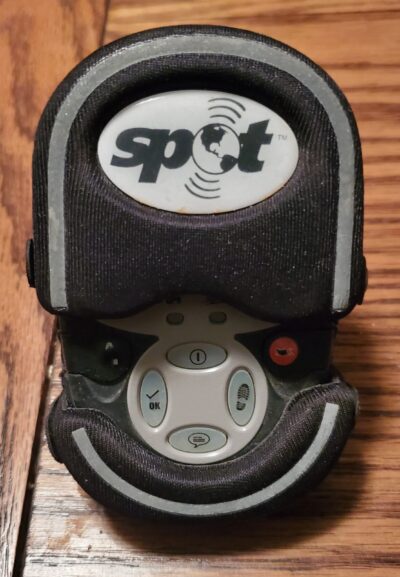
Don’t Forget the Basics
Having a satellite messenger is another tool in your toolbox; it doesn’t correct bad decision making or poor planning. Every outing should have a plan with specific information: where you’re hunting, who is in the group, direction and activities, and when to return. This should be shared with multiple people. It also won’t replace basic orienteering skills. A backup compass and the knowledge to read a topographic map are just as vital.
Take the time to learn your device before taking it afield. Send practice messages to your main contacts and make sure they know how to initiate messaging with you. You can even schedule a test run pushing your SOS button with your provider to ensure it works before you’re miles deep and in a deteriorating situation. Before you leave home make sure its fully charged and any updates have been completed.
It’s also worth mentioning that many states have laws prohibiting electronic communication while pursuing game. Fair Chase and ethical sportsmen behavior inform what and when you should be messaging. If in doubt, it is always worth the phone call to a warden for clarification.
